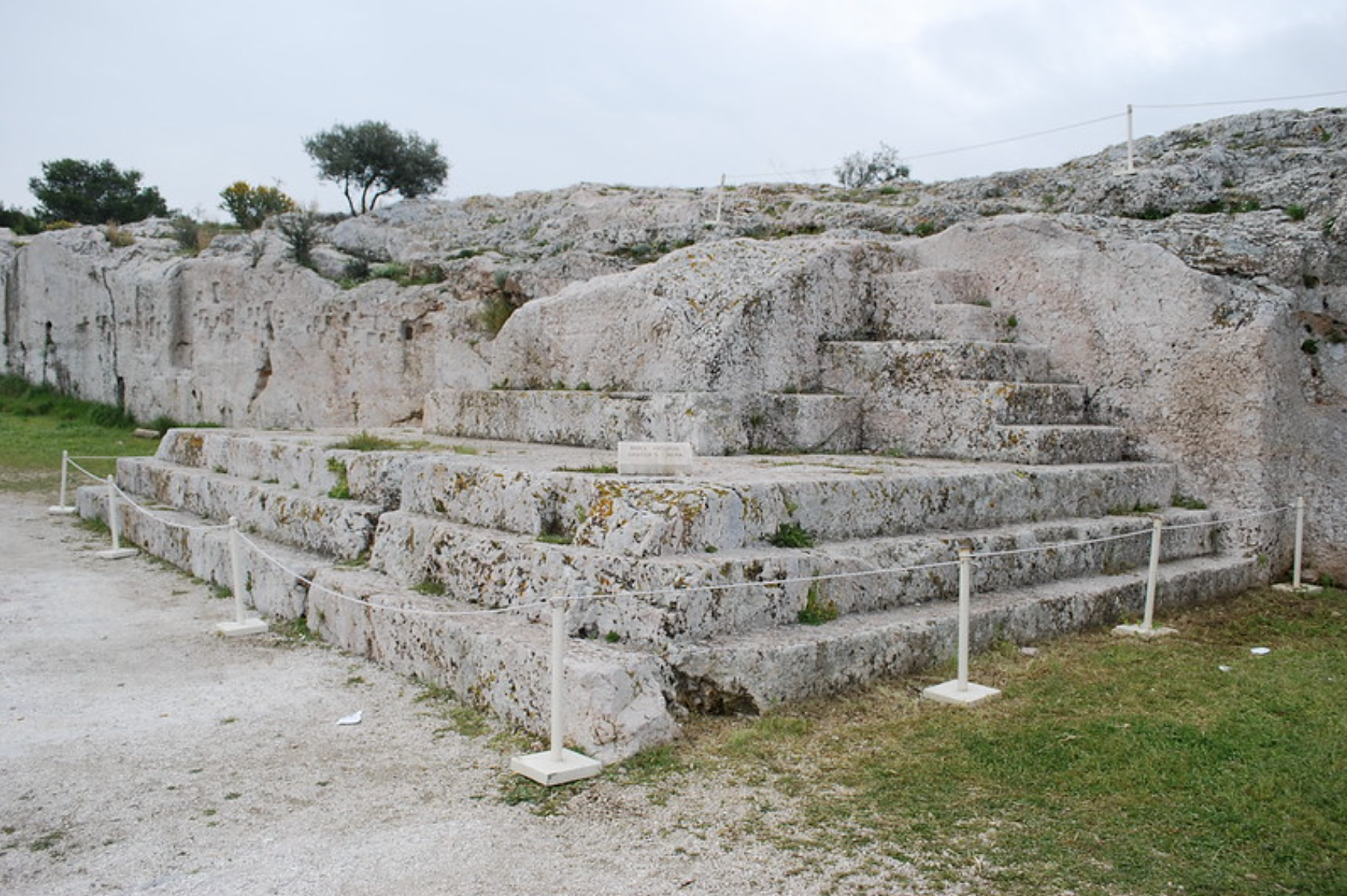Rhetorical Choices
A couple hundred years ago, a critic of academic rhetoric wrote:
“All a rhetorician’s rules/ Teach but the naming of his tools.”
That’s the secret of rhetorical analysis: You want to avoid just naming the tools. Instead, look for the ways the writer chooses to construct an argument.
Bad Example: “Florence Kelley uses rhetorical questions. An example of a rhetorical question is ‘If the mothers and teachers of Georgia could vote, would the Georgia legislature have refused at every session for the last three years to stop the work in the mills of children under twelve years of age?’ The rhetorical questions appeal to the compassionate nature of the female audience.”
Good Example: “Kelley is well aware that her female audience would be moved by an appeal to their nurturing nature. Her repeated rhetorical questions challenge her NSWA audience to think about the role women can play if only they had the vote because up until now, lawmakers who are all men have ‘refused at every session for the last three years to stop the work in the mills of children under twelve years of age?’ She questions the roles of these male lawmakers in Georgia and New Jersey who have allowed for the continuous abuse of children, and she culminate her hard questions with her answer: ‘Until the mothers in the great industrial states are enfranchised, we shall none of us be able to free our consciences from participation in this great evil.’ In this way Kelley prepares and moves her audience to regard suffrage as the first fight the women have to take on, because without the ability of women to vote, no laws hurting children and women will change.”
Hint: Use verbs!
If you find yourself using nouns to describe what the writer is doing, you may be falling into the “tools” trap. Instead, try to use verbs, especially when you’re first taking notes from the prompt. (See our Synthesis Essay Timing tips.) Verbs allow you to analyze HOW the rhetoric supports her thesis: she challenges, compares, juxtaposes, describes, energizes, tells a story, develops details, counters the argument, and so on. Want more on this? See this useful video by Timm Freitas, a fellow teacher.



